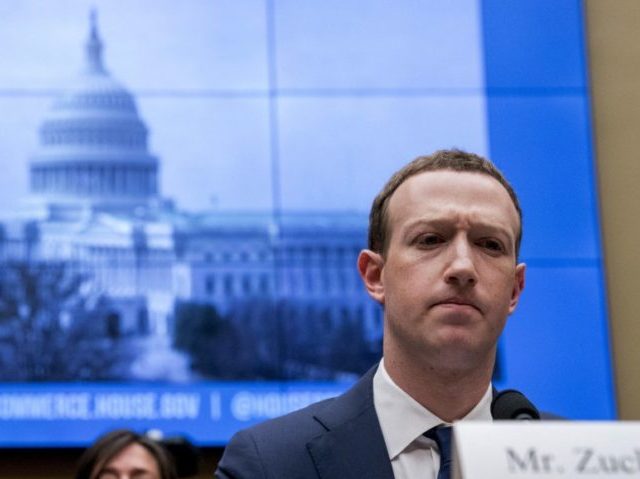The New York Post’s editorial board has penned a scathing article about Facebook’s fact-checking operations, revealing that an erroneous fact check performed on one of the newspaper’s opinion pieces about the origins of the Chinese virus relied on information from a professor who has conducted projects with the Wuhan Institute of Virology.
The professor in question is the same individual whose research was used in a recent fact check against an Epoch Times video that sought to explore the lab as a possible origin point for the Wuhan coronavirus pandemic.
Facebook’s reliance on research conducted by Danielle E. Anderson, an assistant professor at Duke-NUS medical school, presents a glaring conflict of interest because of her professional ties to the Wuhan institute, the Post‘s editorial board concluded.
The Wuhan Institute of Virology has come under intense scrutiny in recent days following reports that the U.S. intelligence community is investigating the lab as the possible source of the outbreak. Prof. Anderson has claimed that the lab maintains “strict control and containment measures.”
In February, the Post ran an opinion piece by Steven Mosher in which he warned that China’s story about the origins of the Chinese virus can’t be trusted. He argued that the virus might possibly have jumped to the human population due to errors at the Wuhan lab, rather than via that city’s infamous “wet market.”
The Post said the article was widely read online until Facebook slapped a “False Information” label on it, which prevented Facebook users from clicking through to the story.
The newspaper said that it asked for weeks to get Facebook to un-block Mosher’s opinion article to no avail. On Friday, Facebook finally relented but without acknowledging that it had been wrong, according to the Post.
“Facebook has a clear responsibility to do better: If it’s going to block ‘false’ information, it needs better fact-checkers — and more people watching over those watchmen,” the editorial board wrote in its article.
“When your defense against ‘fake news’ all but kills free discussion, your system is worse than no defense at all.”
Facebook outsources its fact-checking operations to third-party organizations, some of which are news outlets like the Associated Press and Reuters. A negative fact-check will prompt Facebook to block or demote an article. Out of Facebook’s nine fact-checking organizations in the United States, only one is a conservative outlet — the Daily Caller’s Check Your Fact.
Breitbart recently reported on a case where Facebook’s fact checkers ignored a verifiably inaccurate headline from HuffPost that claimed that President Donald Trump has a financial “stake” in a company that makes hydroxychloroquine, the anti-malaria drug that the president has highlighted as a possible treatment for COVID-19.
President Trump’s family trust has a small investment in a mutual fund that owns shares of pharmaceutical giant Sanofi. The investment is estimated to be worth as much as $1,485 and as little as $99.10.
Follow David Ng on Twitter @HeyItsDavidNg. Have a tip? Contact me at dng@breitbart.com

COMMENTS
Please let us know if you're having issues with commenting.